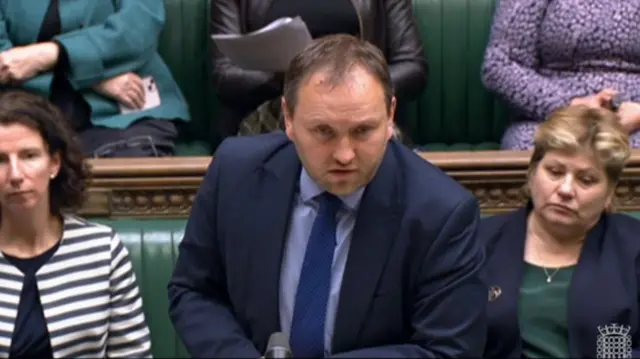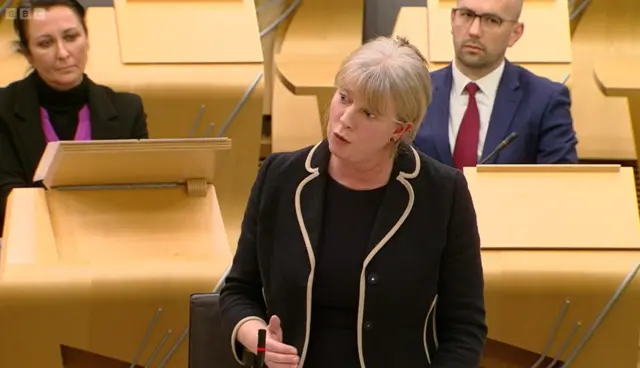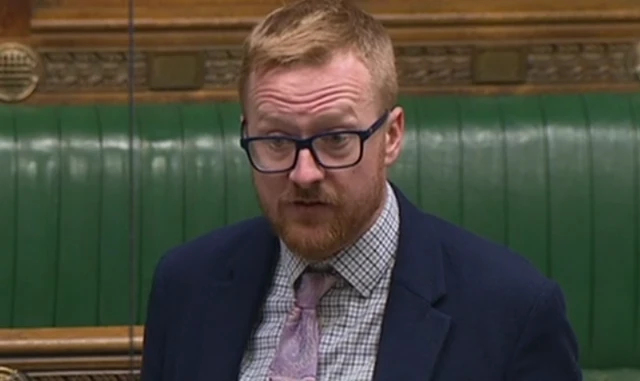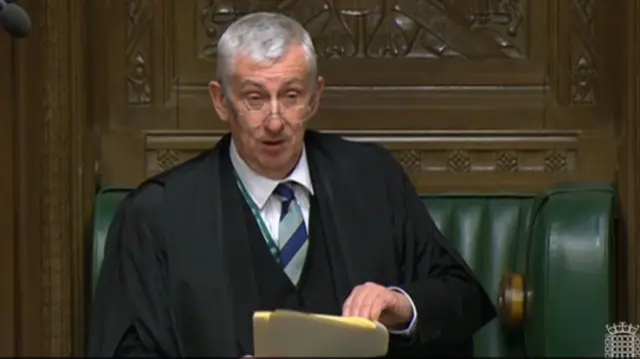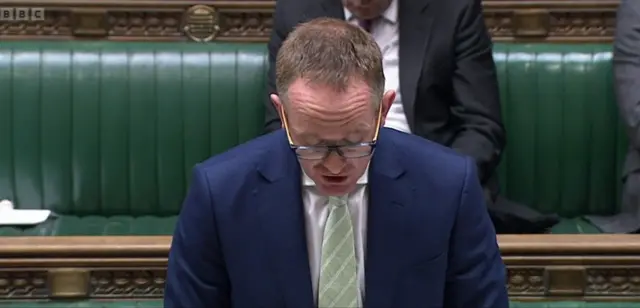Thanks for joining uspublished at 18:34 GMT 17 January 2023
The row over the Scottish government's gender reform bill has dominated proceedings at both Holyrood and Westminster today, but our live coverage is now drawing to a close.
If you're just joining us here are the key points on a very busy day:
- Scotland's First Minister Nicola Sturgeon says row over Scotland's gender reforms will "inevitably" end up in court
- Sturgeon was speaking as the UK government formally moved to block the legislation passed by MSPs last month
- The reforms are intended to make it easier for trans people to change their legally-recognised sex
- But the UK government says the changes could impact on equality laws that apply across Great Britain
- Scottish Secretary Alister Jack will use a Section 35 order, external to prevent the Gender Recognition Reform (Scotland) Bill from gaining Royal Assent
- Jack told the Commons the reforms would have an adverse impact on single sex clubs, associations and schools and protections such as equal pay
- Sturgeon told BBC political editor Chris Mason that Alister Jack was making a "profound mistake" and accused him of launching a "direct attack on the institution of the Scottish Parliament"
While our coverage may now be ending, this constitutional row is set to run and run. Thank you for joining us today.



